
by Eric Price | May 3, 2023 | Front Page, MNPL, Other News, Row 2, United
New FAA Policies Could Ease Chaotic Summer Travel Season IAM141.org May 3, 2023 WASHINGTON, D.C. – The FAA has introduced 169 new routes along the East Coast that are more direct and will save time for passengers and fuel for airlines while increasing safety....
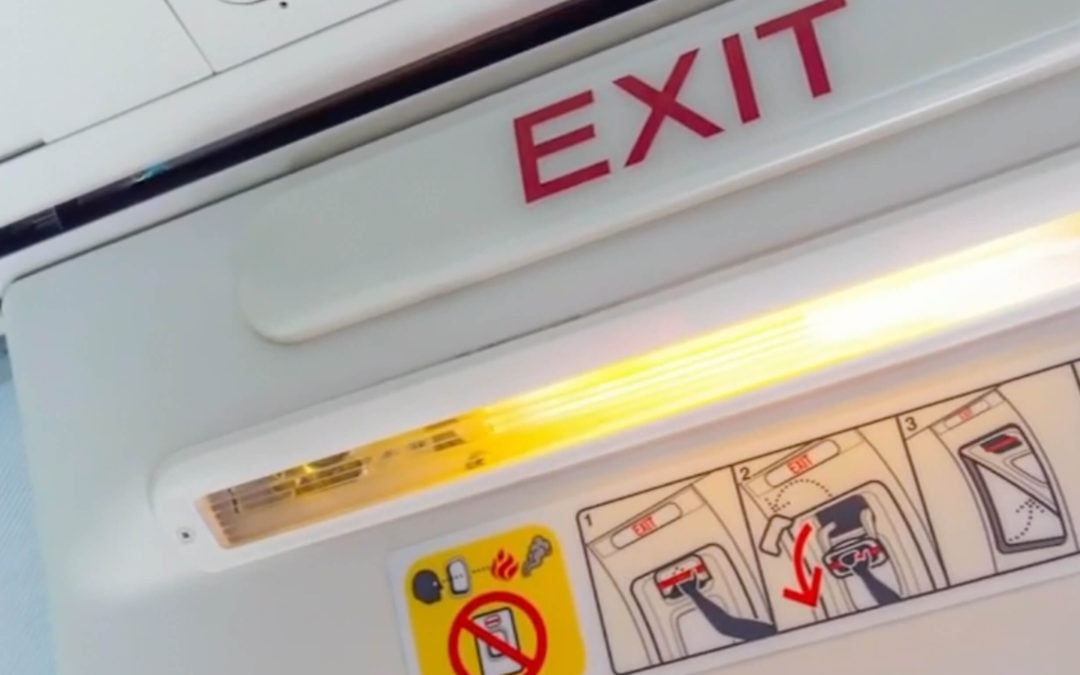
by Eric Price | May 3, 2023 | Front Page, Other News, Row 2
Another Idiot Loses It On a Flight IAM141.org May 3, 2023 SAN FRANCISCO – A violent and unhinged passenger had to be restrained on a midnight flight after violently attacking a flight attendant and opening an emergency exit. Naya Jimenez caught the incident on...
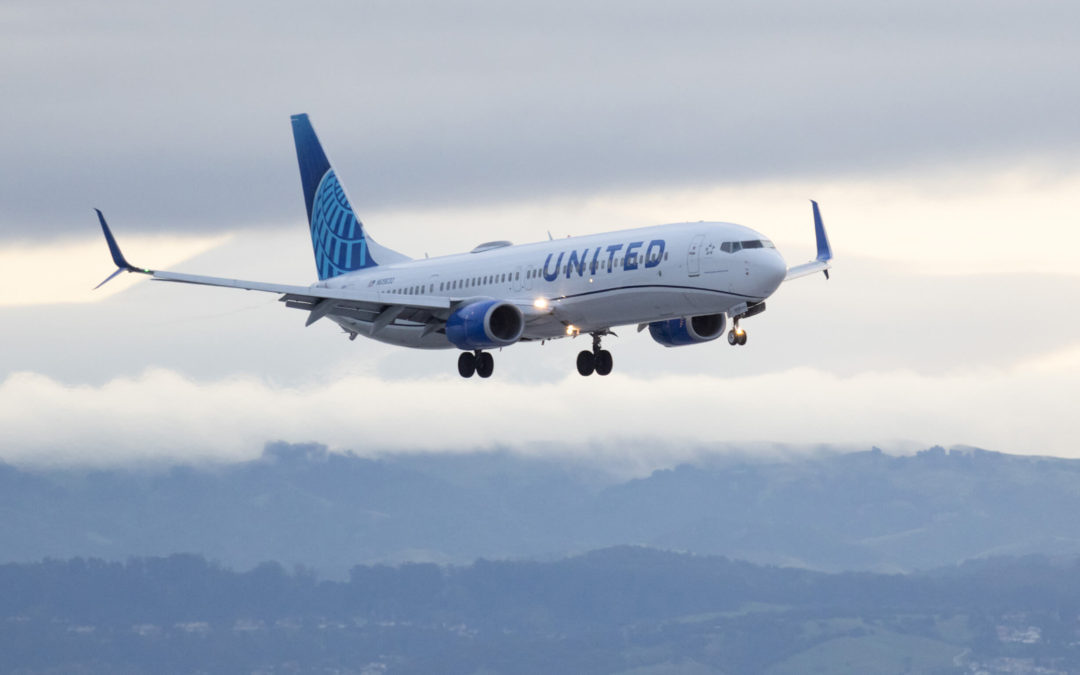
by Eric Price | May 1, 2023 | Front Page, Other News, Row 2, United
Machinists Union Members Ratify Five Contracts with United Airlines Sisters and Brothers, this evening approximately 29,000 District Lodge 141 members at United Airlines overwhelmingly ratified five contracts in the Fleet Service, Passenger Service, Storekeeper,...
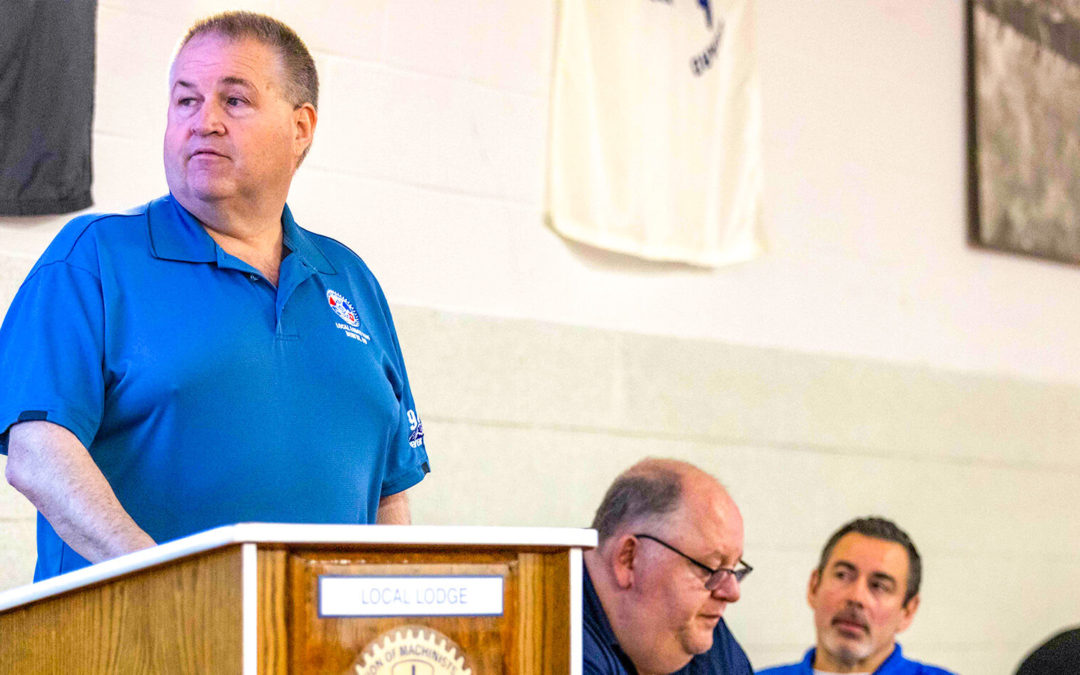
by Eric Price | Apr 27, 2023 | Front Page, Other News, Row 2, United
Town Hall Meetings on the Cusp of a Historic Contract Ratification at United IAM141.org April 27, 2023 A gathering of Machinists Union Members filed into a Town Hall Meeting to discuss seven new contractual agreements with United Airlines. At more than 50 airports...
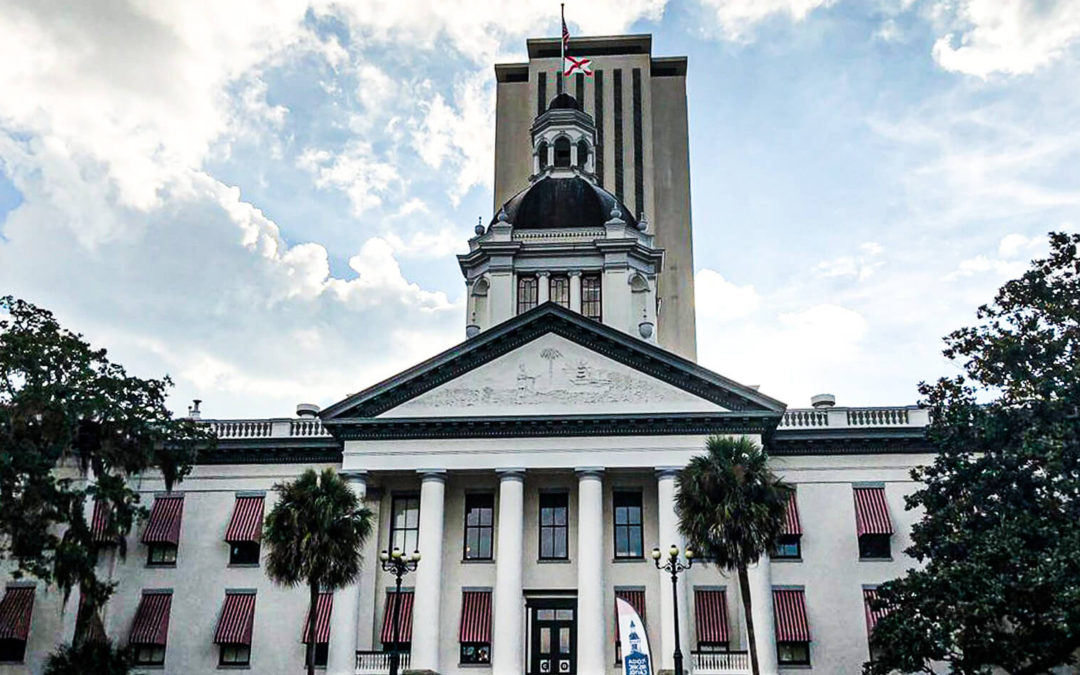
by Eric Price | Apr 27, 2023 | Front Page, MNPL, Other News, Row 2
Florida Bill Gives Politicians Power to Disband Unions IAM141.org April 27, 2023 Lawmakers in the Florida House have advanced a bill that would decertify teachers’ unions if they fall below a 60% membership rate within their workplaces. The bill has already...
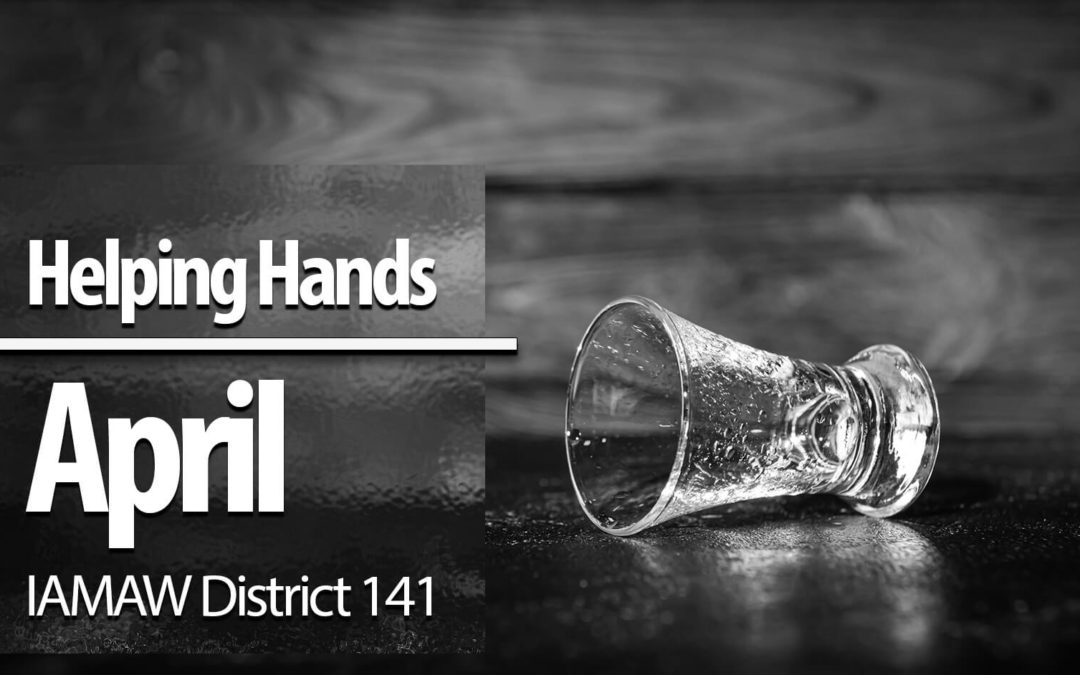
by Eric Price | Apr 26, 2023 | EAP, Front Page, Helping Hands, Other News, Row 2
April Helping Hands: Alcohol Awareness Month EAP Peers: April is acohol awareness month. The National Institute of Health (NIH) is a great resource for information about substance use disorders. I encourage all of you to take a look at their web...







